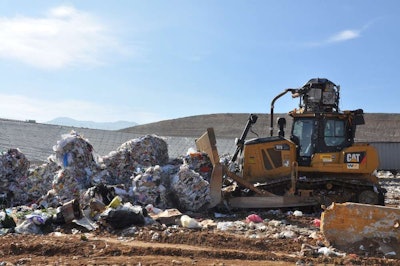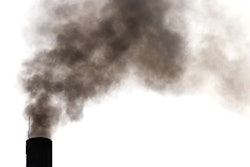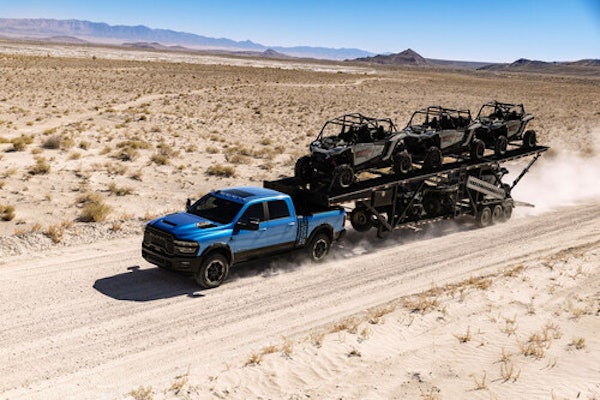 A Cat D7E hybrid bulldozer in testing at the Waste Management El Sobrante Landfill in Corona, California.
A Cat D7E hybrid bulldozer in testing at the Waste Management El Sobrante Landfill in Corona, California.
Researchers at the University of California, Riverside, have concluded that while hybrid construction equipment certainly reduces fuel consumption, they are still worse for the environment due to increased harmful emissions.
The scientists deployed 10 hybrid Caterpillar D7E bulldozers and six hybrid Komatsu HB215LC-1 excavators at six different jobsites in California. Both machines were tested for more than 2,000 hours in a variety of job types.
At the end of the trials, the researchers found that the machines reduced fuel consumption by up to 28 percent. The dozer saved reduced fuel consumption by an average of 14 percent, while the excavator had an average reduction of 16 percent.
However, when it came to smog-forming oxides of nitrogen emissions (NOx), the hybrid machines were measured to increase these emissions by up 21 percent over than their non-hybrid counterparts. The bulldozer increased NOx emissions by an average of 13 percent while the excavator increased emissions by an average of 11 percent.
In response to a request for comment, a Komatsu spokesperson told Equipment World that the company is in the process of looking over the study and would offer comment once it has been able to fully evaluate it. At the time this report was published a request for comment to Caterpillar had not yet been returned.
The study ensured that the hybrids were matched evenly with non-hybrid comparison machines. The D7E dozer with compared with a D6T, both of which have Tier 4 Interim engines, and the the HB215LC-1 excavator was matched with a PC200, both of which have Tier 3 engines.
That being said, the researchers make an important note in that the hybrids were tested against new non-hybrid machines. These new machines feature engine technology and tailpipe scrubbers that emit less NOx than the older models that lack these upgrades.
That means that while the researchers found new hybrids to emit more NOx than new non-hybrids, hybrids are still much cleaner than older non-hybrid equipment.
“In fact some of these newer units emit up to 90 percent less emissions compared to older units, thus the benefit of replacing old units with hybrids is a great benefit to the environment,” according to a summary of the report.
And, as hybrid technology advances, the UCR researchers expect that emissions performance will improve and say that they hope this study boosts that improvement along.










